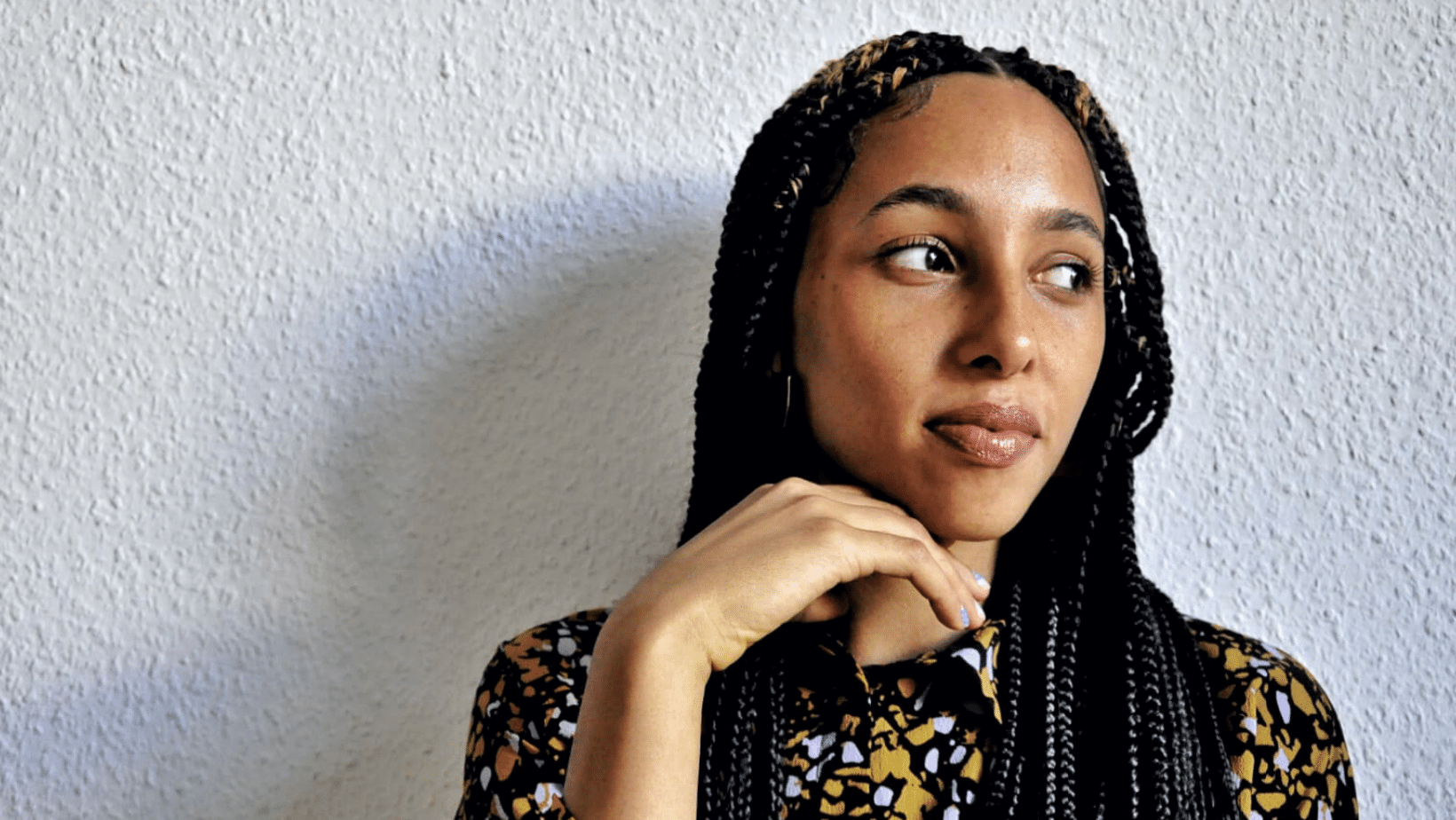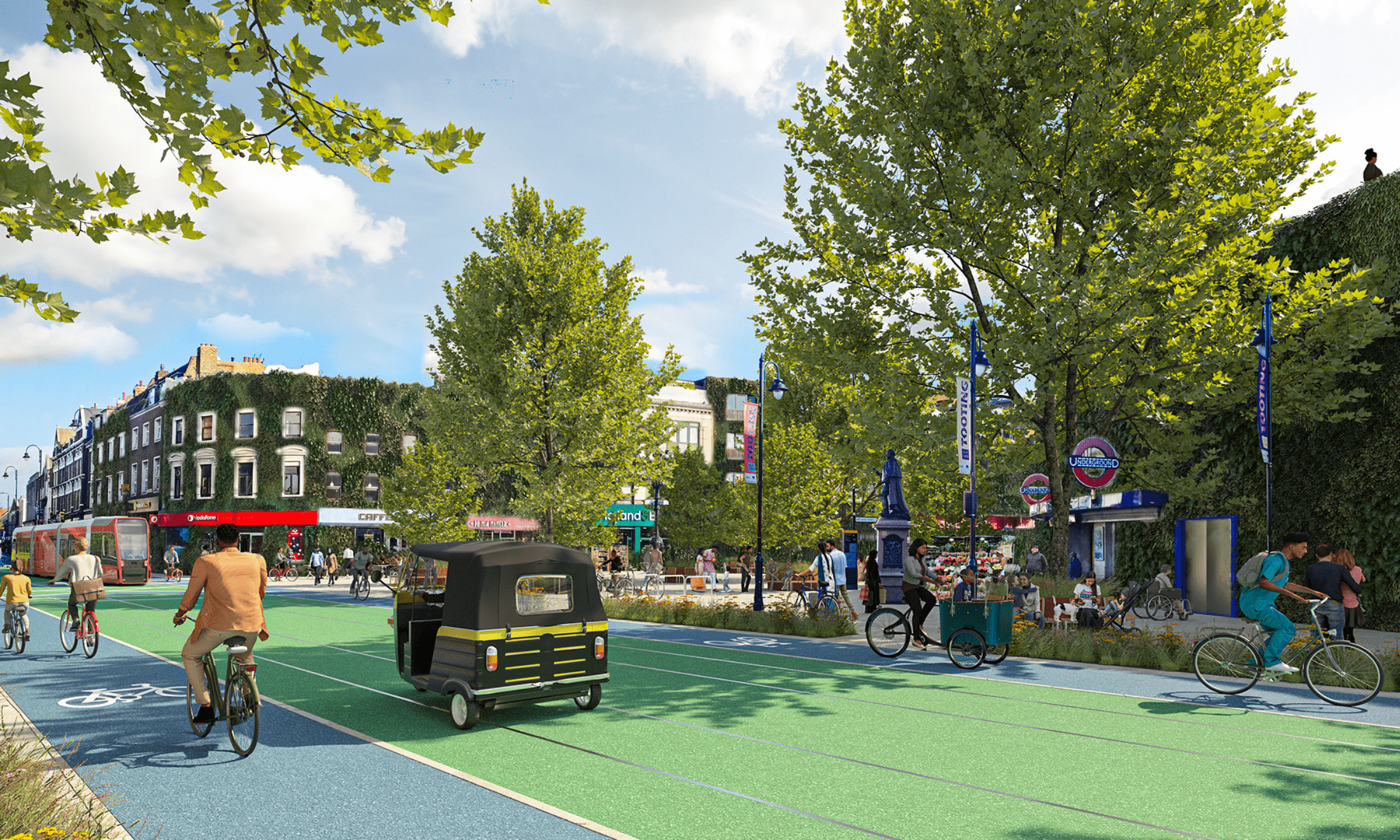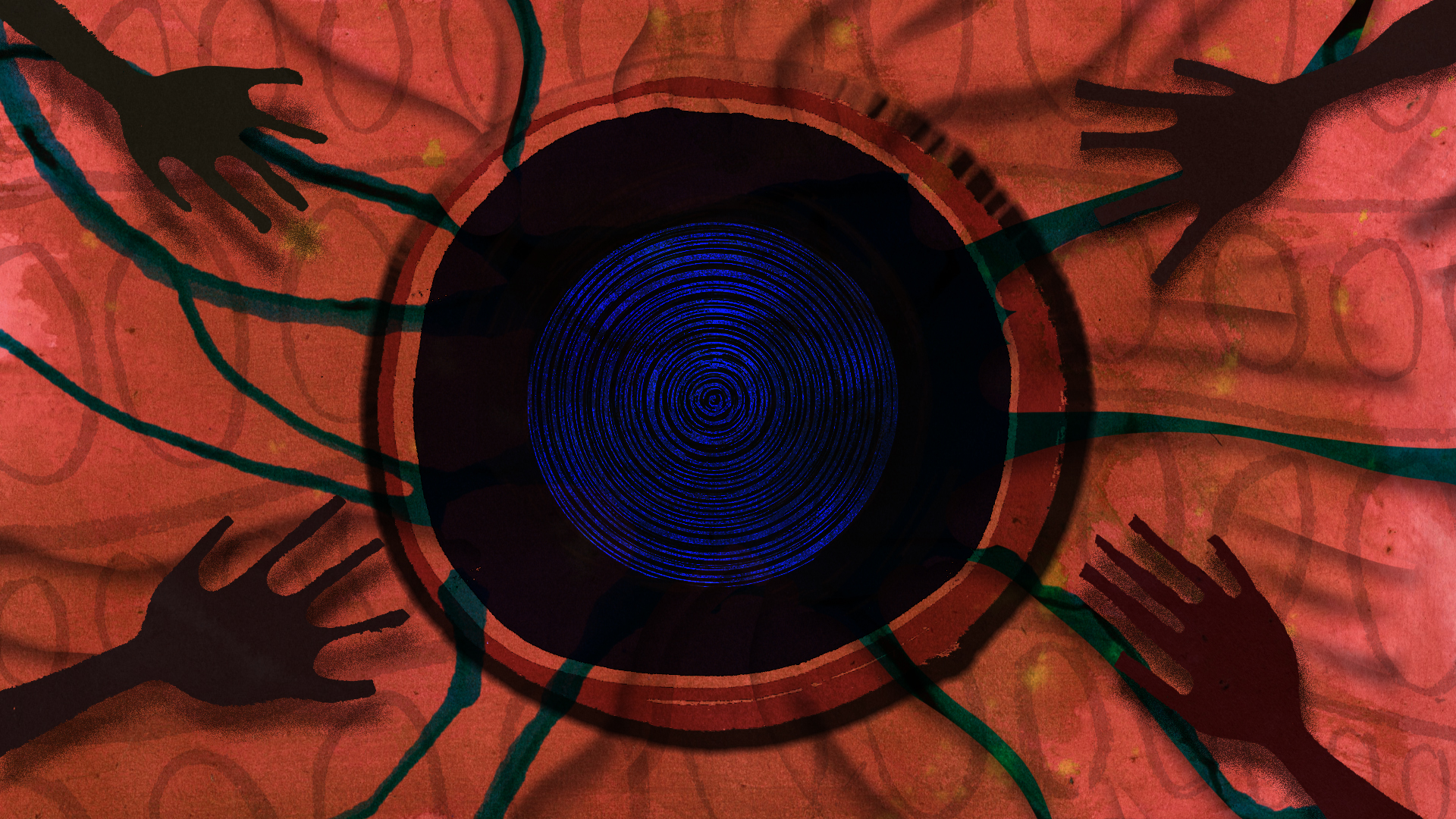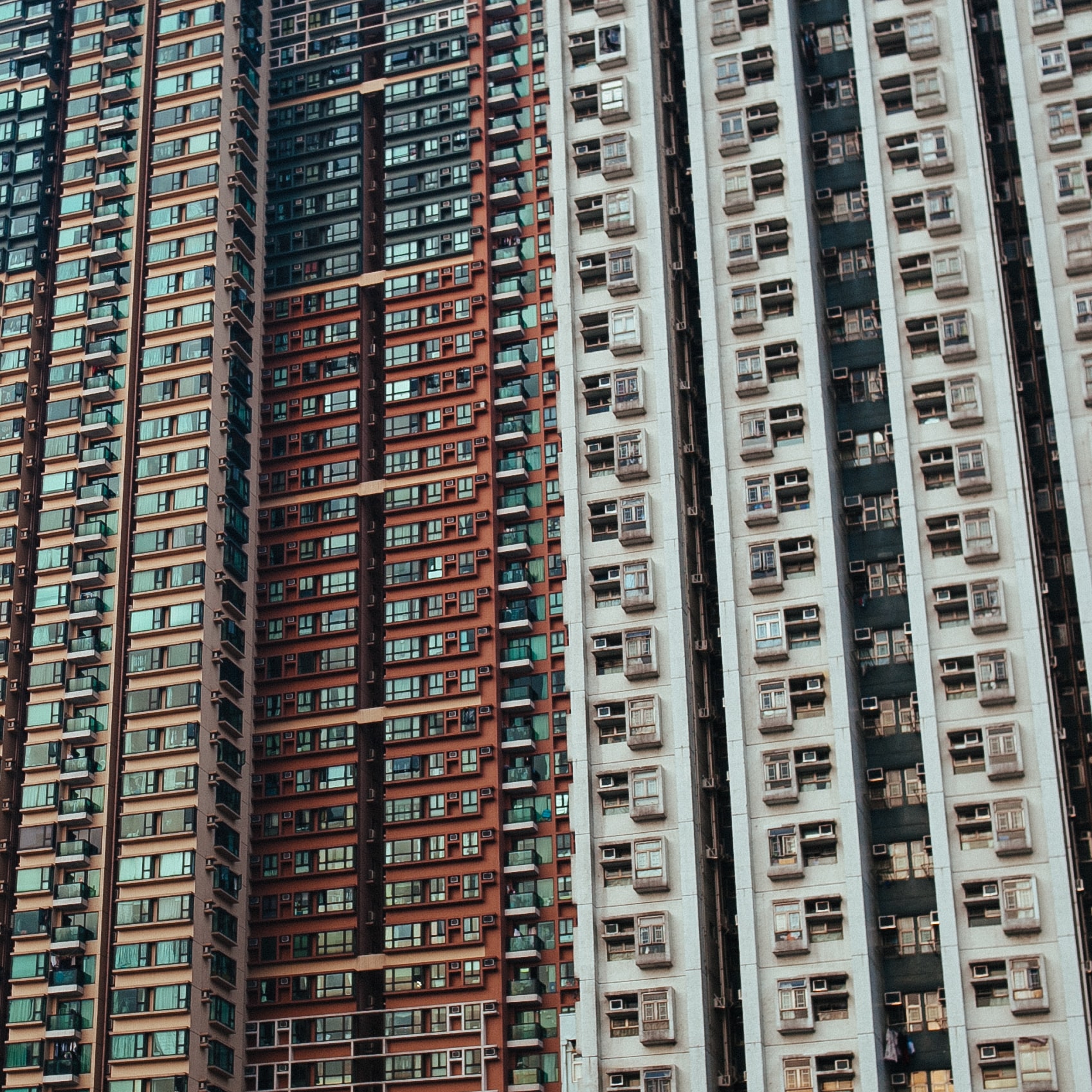
via Danielle Sams
‘Impossible without relentless hope’: climate activism in an era of chaos
Whether it be regressive governments, pandemics, economic crises, wars or climate collapse, the world seems to be in constant crisis. How do we maintain hope for our futures?
Danielle Sams and Editors
30 Sep 2022
“To hope is to gamble. It’s to bet on your futures, on your desires, on the possibility that an open heart and uncertainty is better than gloom and safety. To hope is dangerous, and yet it is the opposite of fear, for to live is to risk.”
Hope in the Dark, Rebecca Solnit
Amid an economic and climate crisis, oil giants are raking in billions of pounds in profit. Governments across the globe are going back on their promises to phase out coal, instead relying on it as an alternative to gas. Fast fashion corporations continue to capitalise on the exploitation of workers. Multi-billionaires continue to jet around the world – or 17 minutes down the road – living exploitative, high-carbon lifestyles. Europe is experiencing its worst drought in 500 years. Parts of the world have gone from breaking temperature records to being inundated with flooding. The rest of us? We’re deciding whether or not we can pay our energy bills or afford rising food prices, while facing a rapid ecological breakdown.
It can be hard not to feel depressed about the deteriorating state of the world, especially with the effects of climate change becoming increasingly apparent. However, as a climate justice organiser, I think it’s crucial that we don’t lose hope in the future we’re fighting for; without hope, imagining a path to an environmentally just future becomes near impossible and thus, to fight for and make it a reality.
I got involved in climate activism in 2019 when it felt like the world was falling apart around me and I wanted to do something about it. I began organising with XR Aberdeen, then Pass the Mic Climate, Health for Future Magdeburg, Kill the Bill, StopCambo and more. Working with activists worldwide on different campaigns taught me the importance of activism rooted in intersectional environmental justice. The climate movement has been historically whitewashed, focusing heavily on individual action and the western world. In particular, people from the Global South and previously colonised countries are most vulnerable to the impacts of climate change due to geographical location, unstable governance and the legacy of colonial rule.
“I take the space to imagine all future possibilities”
Despite some progress in the climate movement since 2019, like the world committing to phasing down fossil fuels at COP26 last year, organisers are often weighed down by the fact that our governments aren’t making radical enough changes to minimise ecological collapse and protect our futures. What’s worse is that their words and actions often misalign; the UK was one country which committed to phasing down fossil fuels and yet the licensing of the new Jackdaw gas field has been approved, with other oil and gas projects potentially to be approved in the future. On top of this, many organisers work full-time, worry about rent and bills and are bombarded by the constant negative news cycle, which naturally can lead to apathy, eco-anxiety and ultimately inaction as ways to cope with the stress or burnout. So, how do we avoid this?
Whenever I feel paralysed by doom, I take the space to imagine all future possibilities. Not just the ones where humans are extinct, or we’re in a The Day After Tomorrow type situation, but where we’re living peacefully, joyfully and thriving. It’s important to criticise governments, to focus on specific failings and our immediate demands for change. However, we do not focus on what comes next enough. What will the world look like when our demands are met? What does an environmentally just future look like, where we can unite ideals while people embody and express themselves as they please?
Living my life as joyfully as possible helps me imagine all possible alternatives for an environmentally just future. It reminds me that there are things worth living and fighting for. During low days, I look for positive climate news. Thinking of recent wins and celebrating the fact that significant changes have been made over the last 10 years reminds me that progress is possible. For example, between 2001 and 2010, global emissions increased by 3% per year, whereas between 2011 and 2019, they increased by only 1% per year and are expected to plateau if current commitments are met. Instead of a 4-5°C increase in warming, we’re now on track for a 2.4-3°C increase. While this is still not good enough, it’s progress in the right direction.
“Activism is a long game”
I also surround myself with people who validate my experience. This is what drives me: seeing others from both similar and wildly different backgrounds fighting for our planet in whatever way they can. Activism is a long game, and being part of organising groups reminds me that not only do I have people to hold me accountable but if I need some time away from activism, to rest and recuperate, there will be others who will continue the work.
Climate activism is rooted in profound love. At its heart, it’s a bunch of strangers who, disgusted by the destruction of our planet to profit the few and the discrimination faced by the most marginalised in society, decide to get together and take action against systems responsible for ecological destruction and systemic discrimination.
People often speak about the climate crisis as though it is inevitable, and not something we could do anything about – and for a very long time, I didn’t think there was any point in trying to fight it. Before getting involved in political organising, having conversations about the climate crisis conjured an image of our future being dangled over a cliff edge by greenwashing governments and fossil fuel giants, waiting for the moment when they finally drop us off after decades of promises that they never intended to deliver.
I worry that if we don’t act on the climate crisis now, I won’t be able to safely return to my ancestral home, Uganda, or the home I grew up in; that there will be nowhere safe for my loved ones to live and that every moment will be lived anticipating disaster. But while it’s a struggle, I’ve deepened my personal relationships with nature and myself through climate organising. I’m grateful for all the work people did before us to get this far, but there is still more to be done. I hope that in 50 years, I’ll be sitting somewhere sipping wine, eating delicious homemade food while I look out onto a thriving beach or a luscious forest, surrounded by my loved ones, grateful for how we fought for an environmentally just future and won.









